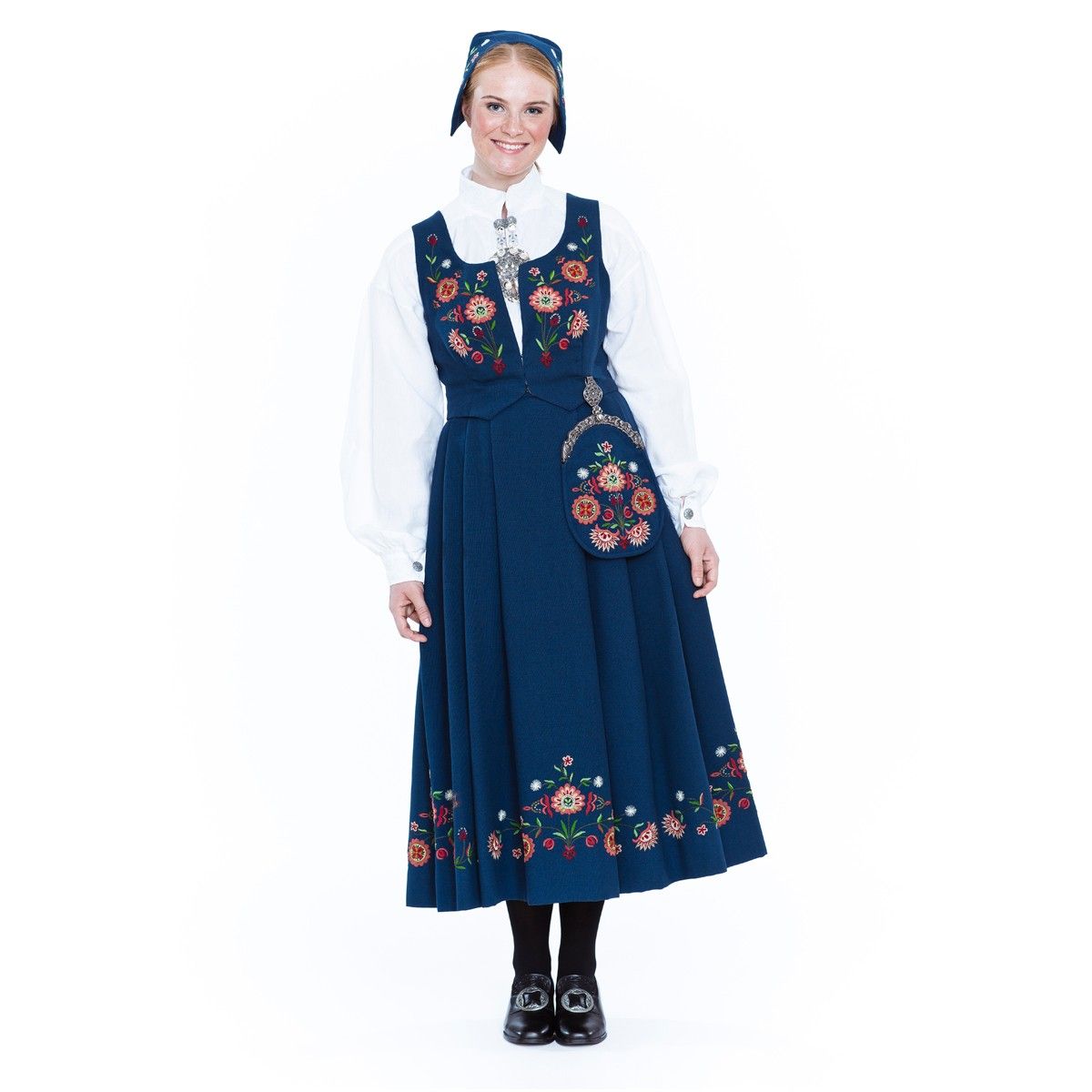
Confirmation is an old coming-of-age ritual. Originally, it was the way for 14-year-old Christian boys and girls to ‘confirm’ their baptisement after some months of training in Christian teachings and the Christian worldview. By confirming their baptisement, the youth signalled to their family and society that they were ready to live by the Christian faith as adults. In the old days the youth were also tested in their religious knowledge, and if they failed the final exam before the priest, they were not allowed confirmation but had to wait for another year.
Today, less people adhere to the Christian faith, and the Church is no longer the only institution to offer confirmation to young people. For instance, in the present philosophy programme for youth each participant reads a philosophical textbook and takes part in 5 philosophy workshops. The coarse ends with a ceremony with families where diplomas are handed out. Here each participant gives a short speech to explain what type of philosophy appealed to him or her the most, and why.

After the formal ceremony there are typically sumptuous family gatherings for each participant. This is a big day for the family and guests are dressed their best, often in traditional costumes. The traditional folk costume called “bunad” is often one of the gifts lavished upon the girls.
